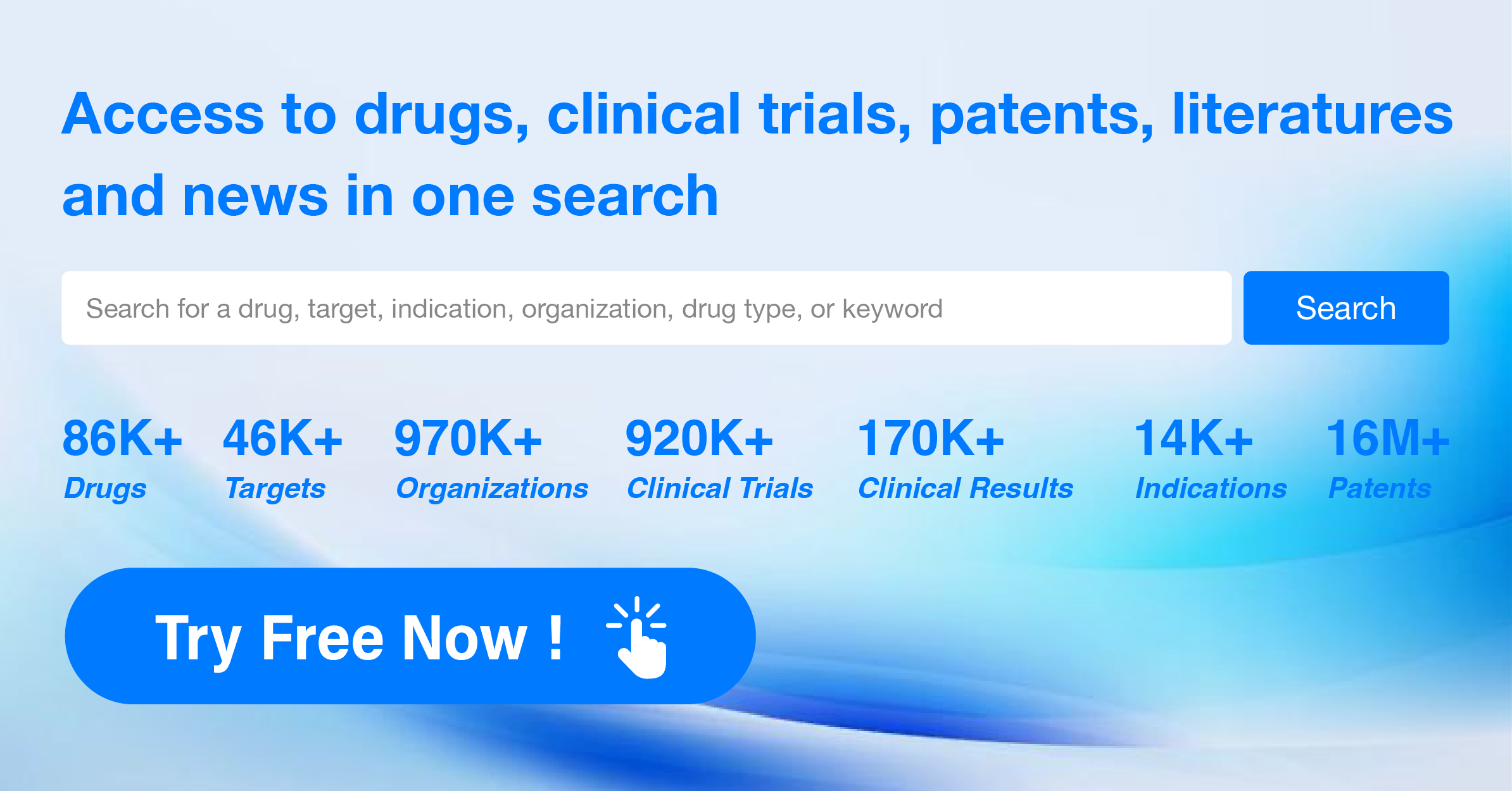Adagrasib-Cetuximab Combo Shows Activity in Post-Treated KRAS G12C-Mutated CRC Patients
A recent study has shown promising results for patients with KRASG12C-mutated colorectal cancer (CRC). The Phase 1/2 KRYSTAL-1 trial, sponsored by Mirati Therapeutics, Inc., a subsidiary of Bristol Myers Squibb, combined KRAZATI® (adagrasib) with cetuximab to treat this specific group of patients who had undergone prior treatment. The findings, which were presented at the AACR annual meeting on April 8, 2024, and published in Cancer Discovery, revealed that the combination therapy achieved an objective response rate of 34%, with a median progression-free survival of 6.9 months and a median overall survival of 15.9 months.
The safety profile was manageable and in line with previous studies. KRASG12C mutations are oncogenic drivers found in 3-4% of CRC cases and have been historically challenging to target. KRAZATI, a highly selective inhibitor of KRASG12C, has been granted accelerated approval for treating KRASG12C-mutated non-small cell lung cancer (NSCLC) and is currently under review by the FDA in combination with cetuximab for advanced CRC. The drug's potential to provide a new treatment option for patients with KRAS-mutated cancers is significant, as previous treatments with cetuximab alone did not yield clinical benefits for these patients.
Bristol Myers Squibb emphasizes the importance of identifying KRASG12C mutations in CRC patients to facilitate targeted treatment. The company also acknowledges the ongoing need for innovative therapies for patients with KRAS-mutated cancers, who have limited treatment options. The FDA has accepted a supplemental new drug application for KRAZATI in combination with cetuximab, with a PDUFA goal date set for June 21, 2024. KRAZATI's safety information includes warnings about gastrointestinal adverse reactions, QTc interval prolongation, hepatotoxicity, and interstitial lung disease/pneumonitis. The most common adverse reactions are nausea, diarrhea, vomiting, fatigue, musculoskeletal pain, hepatotoxicity, renal impairment, edema, dyspnea, and decreased appetite. The drug may also impair fertility in individuals of reproductive potential.
Bristol Myers Squibb is dedicated to transforming patients' lives through scientific innovation in cancer research and treatment. The company is exploring new avenues in personalized medicine and leveraging digital platforms to enhance their research capabilities. They are committed to addressing all aspects of cancer care, from diagnosis to survivorship, and to empowering patients with cancer for a better future.
How to obtain the latest research advancements in the field of biopharmaceuticals?
In the Synapse database, you can keep abreast of the latest research and development advances in drugs, targets, indications, organizations, etc., anywhere and anytime, on a daily or weekly basis. Click on the image below to embark on a brand new journey of drug discovery!




